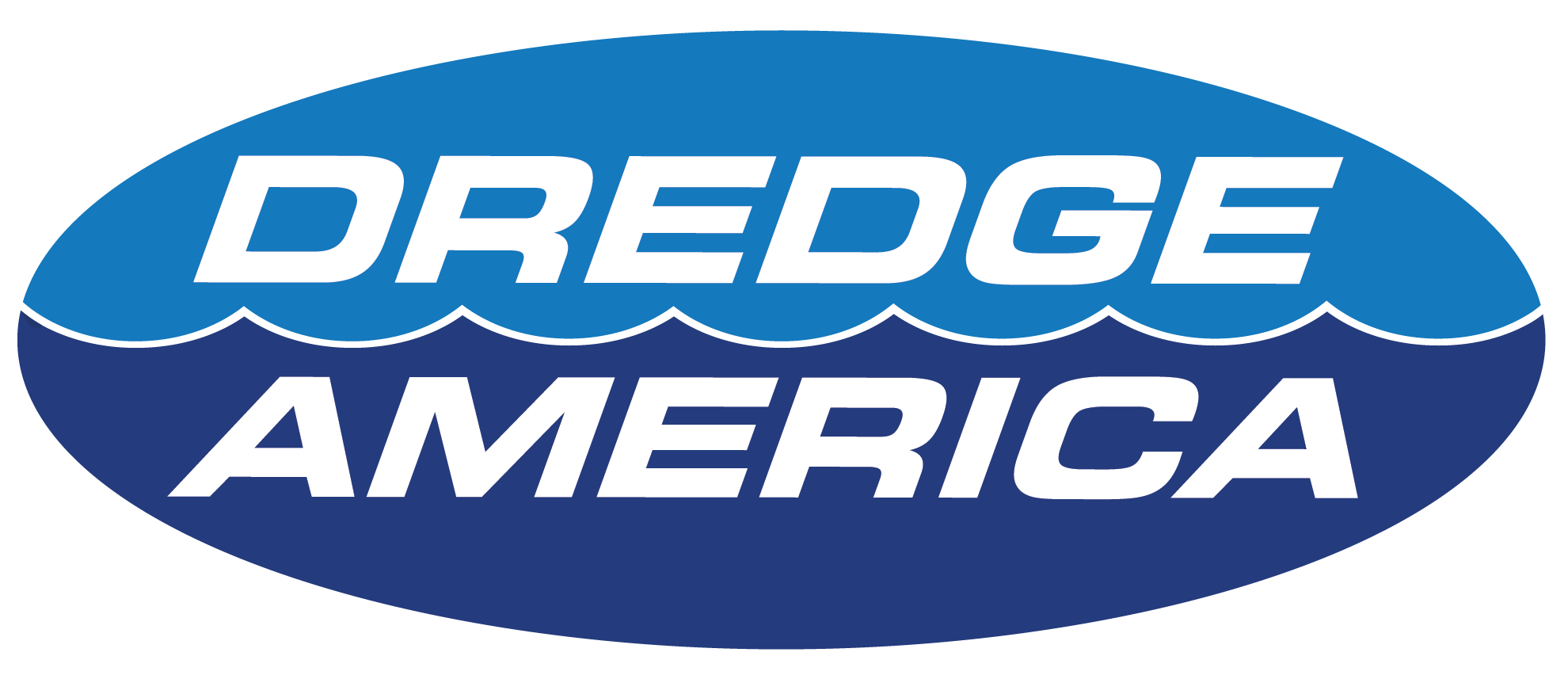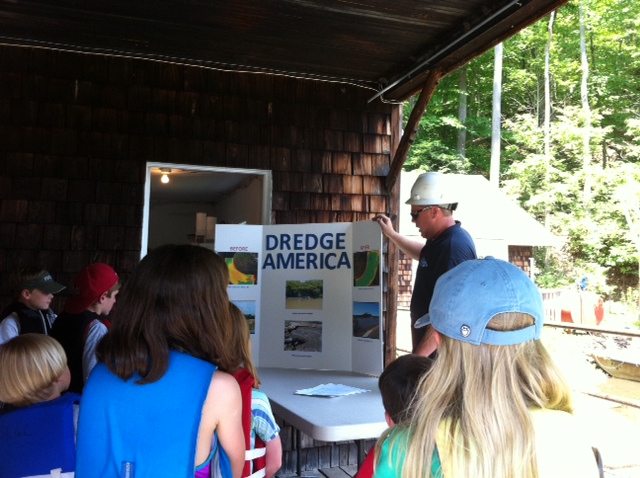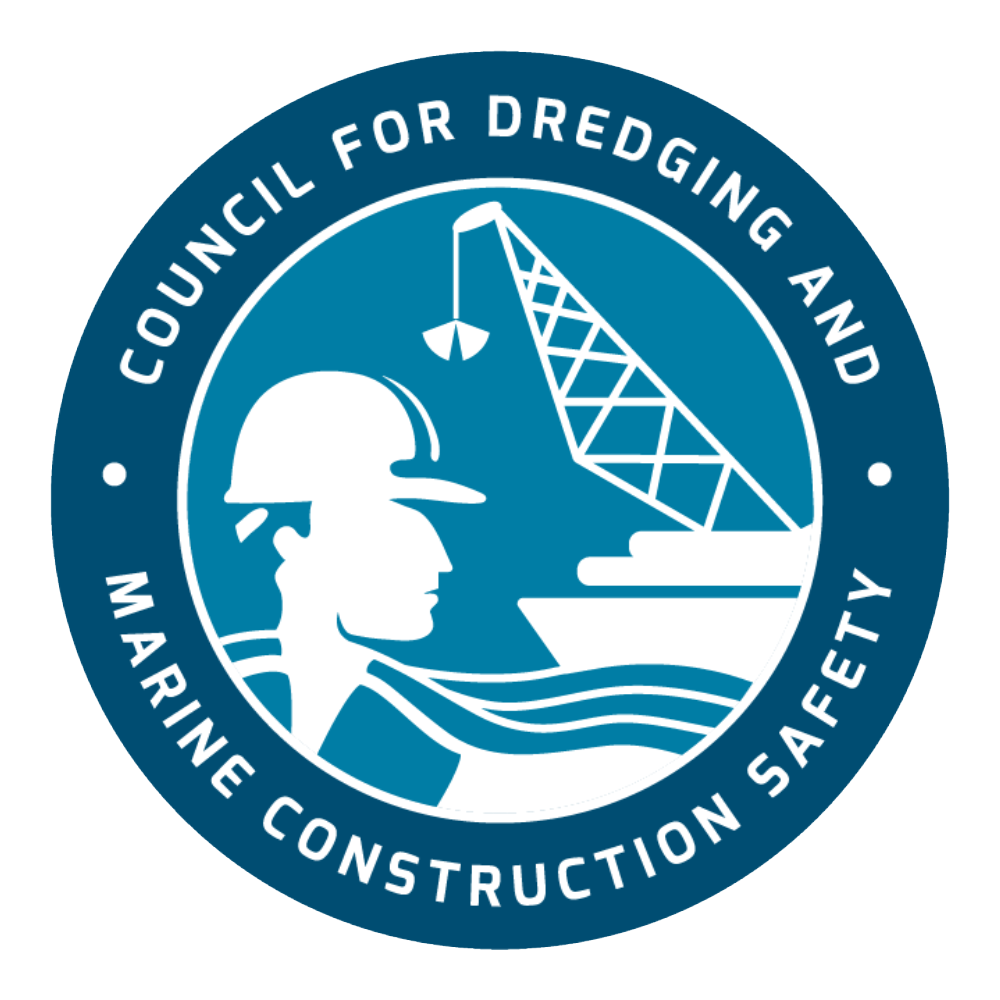Disclaimer: At Dredge America, Inc., we go the extra mile to ensure that your personal information is kept secure and safe. We will not disclose, release or share this information with outside companies or third-parties. We’d like your permission to keep in touch and update you about relevant news, offers, and opportunities.
Should you Contract or Buy a Dredge?
Owners of lakes, marinas, settling ponds and other water bodies that have sediment build up often face the reality that they need to dredge out the sediment. It is best to get some expert advice at this point as this is a complicated subject that has many options and hidden pitfalls.
Your starting point is to perform a hydrographic survey to determine depths and quantities of sediment to be dredged. The next step is to explore your options on where to put the sediment. These are some of the main factors that drive the costs. Ideally you would like to dredge the material and place it in a location where you will not have to move it again. This is not always possible as sometimes the material has to be dewatered and then loaded and trucked to another location.
After these logistics are worked out and all of the necessary permits are in place, you will have a grasp of the scope of project you are dealing with. The next big decision is do you do it yourself or hire a professional. Your individual circumstances will dictate what the right answer is.
Here are some general guidelines. First, if you are dredging more than six months a year, every year, it might make sense to make a capital purchase, hire and train your own personnel, insure you have the right insurance in place and buy a dredge. If you are not running the dredge year round, it will be difficult to retain top quality operators unless you have other similar jobs within your operations that they can be involved with the remaining months of the year. When owning a dredge, you will also need to account for maintenance and storage of vessel, pipe, support boat and other ancillary equipment when not in use. The more you use the equipment, the more it might make sense to buy and own a dredge. As long as you account for total ownership costs and weigh this against a reasonable assumed production, you can make an informed decision. When comparing buying a dredge vs hiring a professional dredge contractor your ultimate decision should be based on your true actual costs/cubic yard of sediment removed.
What often happens after the capital purchase is made to buy a dredge and all support equipment is that there is no accountability or measure of true costs. Costs such as insurance or storage costs and sometimes wages and or benefits are not allocated towards the dredge operation but absorbed in overhead or other costs unrelated to the dredging. The other issue is that no one actually measures what is being done to compare it to the real costs. In other words a third party hydrographic survey is not performed so no one really knows what the real costs/cubic yard is. To make matters even worse, the committee members that championed buying the dredge in the first place don’t want to know the real costs. The reason for this is the actual production per day of cubic yards removed is often far less than was assumed to justify the purchase. This often boils down to how skilled and motivated the dredge operator is. Even if he or she is very good, the assumed production that was given by the salesman that sold the dredge may have been for dredging in heaven or in other words under the most ideal conditions which never happen in the real world of dredging. Accurate measurement of production and related costs are very important to insure accountability and to manage your project responsibly.
Another consideration is your ability and willingness to manage the project. There are many facets to a dredging project which take different levels of skills for each tasks. The dredge operator has to be able to operate equipment and remove sediment under water where he can’t see what is being done. This is different from operating land based equipment as one has to rely on gauges as well as feel. Some very good land based operators whose skills are more visually based, do not make good dredge operators. Next, this same person or another need to be a very good mechanic as dredges always have mechanical issues to deal with. This includes both scheduled maintenance as well as repairs. It helps if one is a welder as well, not to mention a hydraulics expert and electrician. On top of all of the skills required, this person has to be able and willing to work in hot, cold, rainy and windy conditions. He may be interfacing often with the boating public as well so it helps to have good manners as well.
Besides the dredge crew that actually runs the dredge, someone needs to coordinate fuel suppliers, and maintain and order parts as needed. They also will need to order and coordinate other suppliers such as crane companies to set dredge in and out of water. Someone also needs to coordinate with the public as well as the board and be able to communicate what is being done and report on progress.
Finally, and probably the most important point if you own a dredge, you need to have a serious safety plan that someone is fully responsible for and is monitored on a proactive basis. If need be people can be removed from the project if they are not following safety policies. There should be zero tolerance for any unsafe acts. I know of at least one case where an organization performed their own dredging in which a drowning fatality occurred and it turned out that life jackets were supplied but not required to be worn by crew. The crew member went alone to check on a booster and fell into water and apparently could not swim. This is not an isolated case and no dredging project anywhere is worth risking an injury or someone’s life. Safety can’t be left to chance.
In most cases, a professional dredge contractor will produce a lower costs/cubic yard of sediment removed than an owner who buys a dredge. By professional dredge contractor, I am referring to someone who has a well-established reputation with pages of references and who has years of experience dredging. By contrast a contractor who is going to rent a dredge or buy a dredge and learn how to dredge on your project is not my definition of a professional. Often times other contractors or individuals decide to go into the dredging business when their other work is slow and/or your project happens to be in their neighborhood. Many times these individuals or contractors are one and done and hopefully they have enough resources to complete the one, your project. It is in your best interest that they learn the dredging business on someone else’s dime.
The advantages of hiring a professional dredge contractor with a good reputation and references are that they have done numerous similar projects and have run into many dredge related problems that they have learned to solve. In order to stay in business for the long term, they must be efficient, productive and creative problem solvers. They also will have connections within the industry with suppliers, contractors, engineers, etc. that helps them keep up and running. They have to make a profit to stay in business so they are driven to be efficient. They also do this every day, day in and day out, and the owner will be able to take advantage of this experience. Their equipment utilization must be high to stay in business and they are able to move equipment to different projects around the country in order to spread their capital outlay over several projects. A professional dredge contractor will also have a detailed written safety plan. A visit to one of their jobsites should reveal if they truly have a safety culture in place. The crew will be wearing life jackets on the water and hard hats. Talk to the crew and they should tell you that they are first aid and CPR certified. They will also be performing at least a weekly documented safety meeting.
In the end the choice is yours. If you are going to be in the dredging business full time and you have the interest and resources to manage the work, you should consider buying a dredge. Anything less than this and you should consider hiring a professional dredge contractor.


